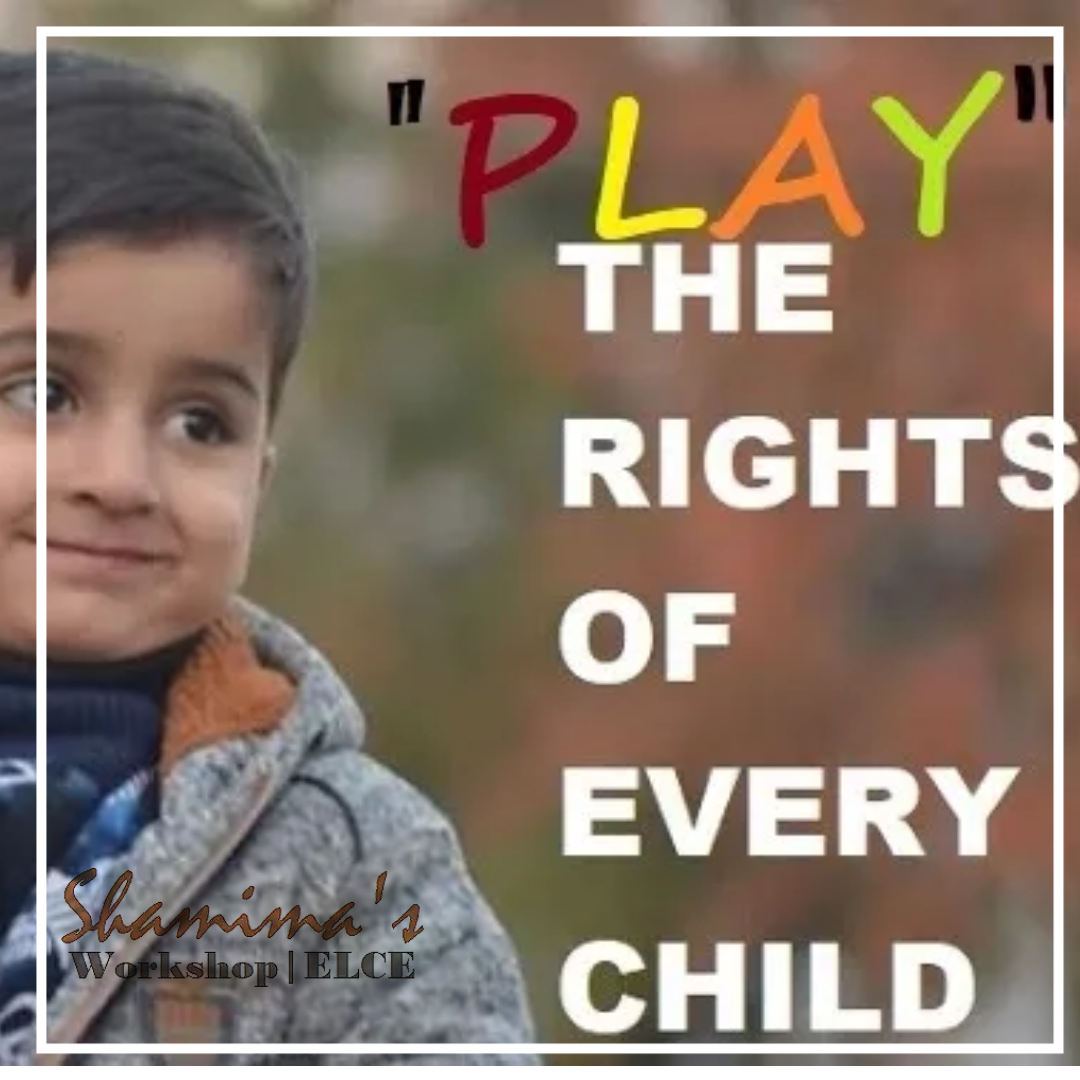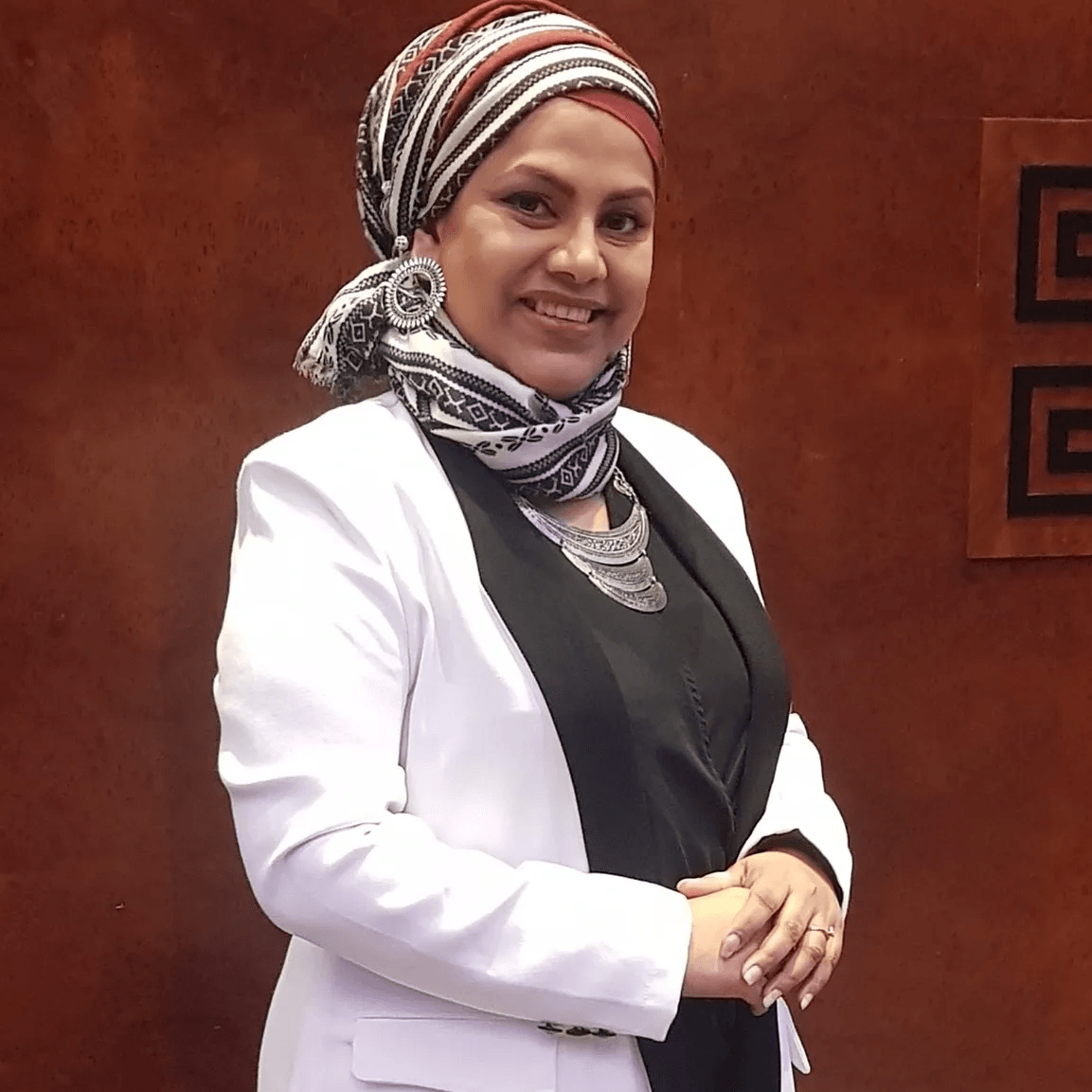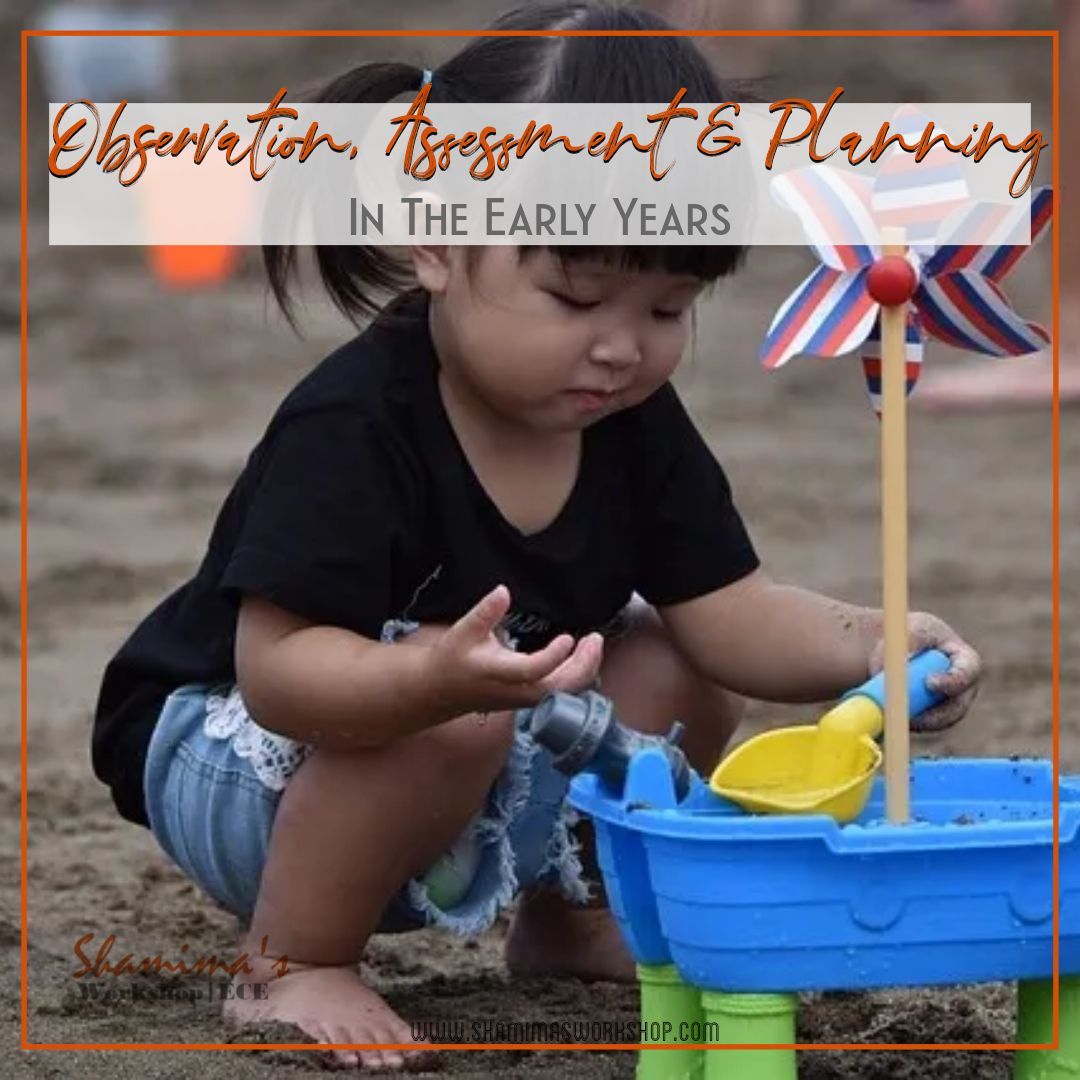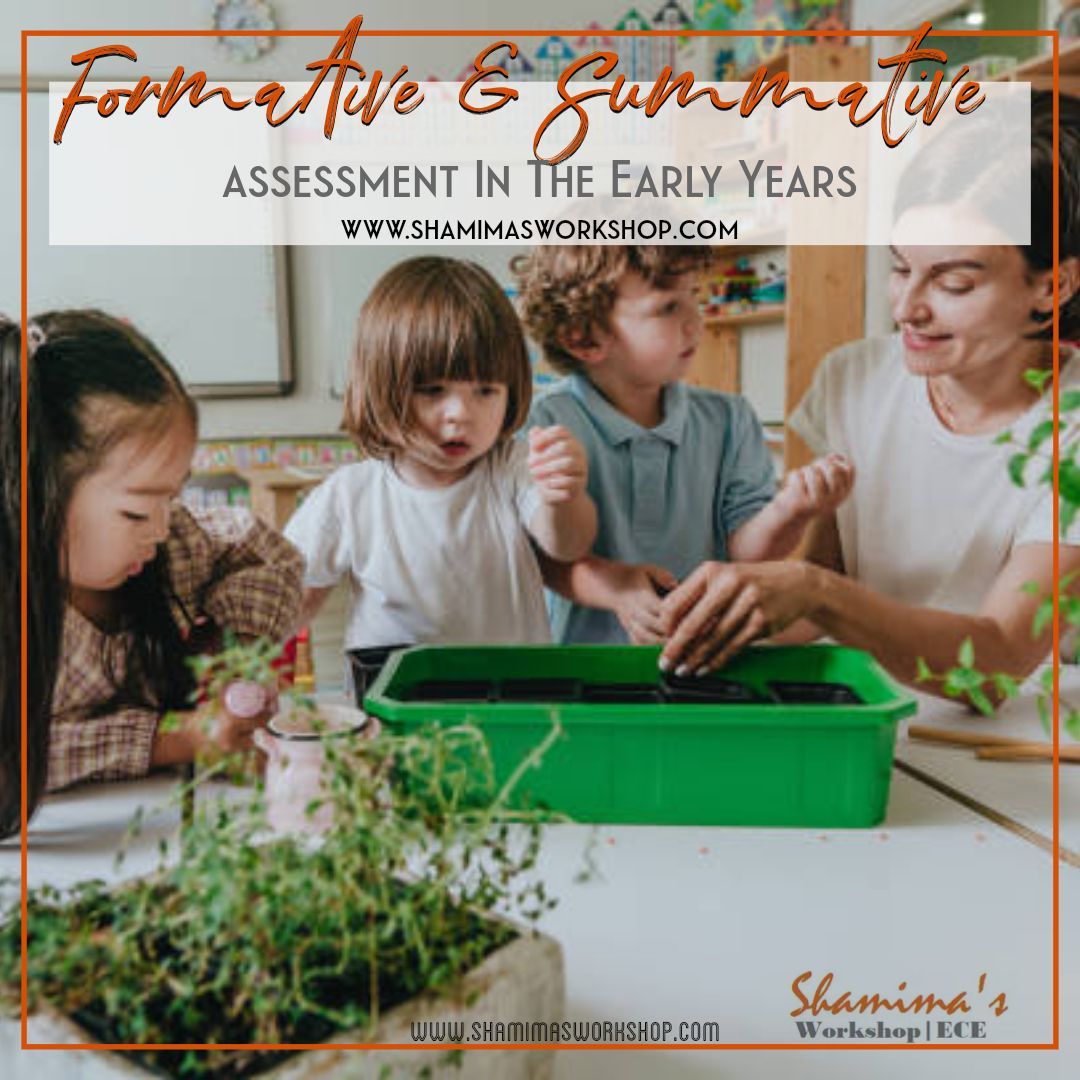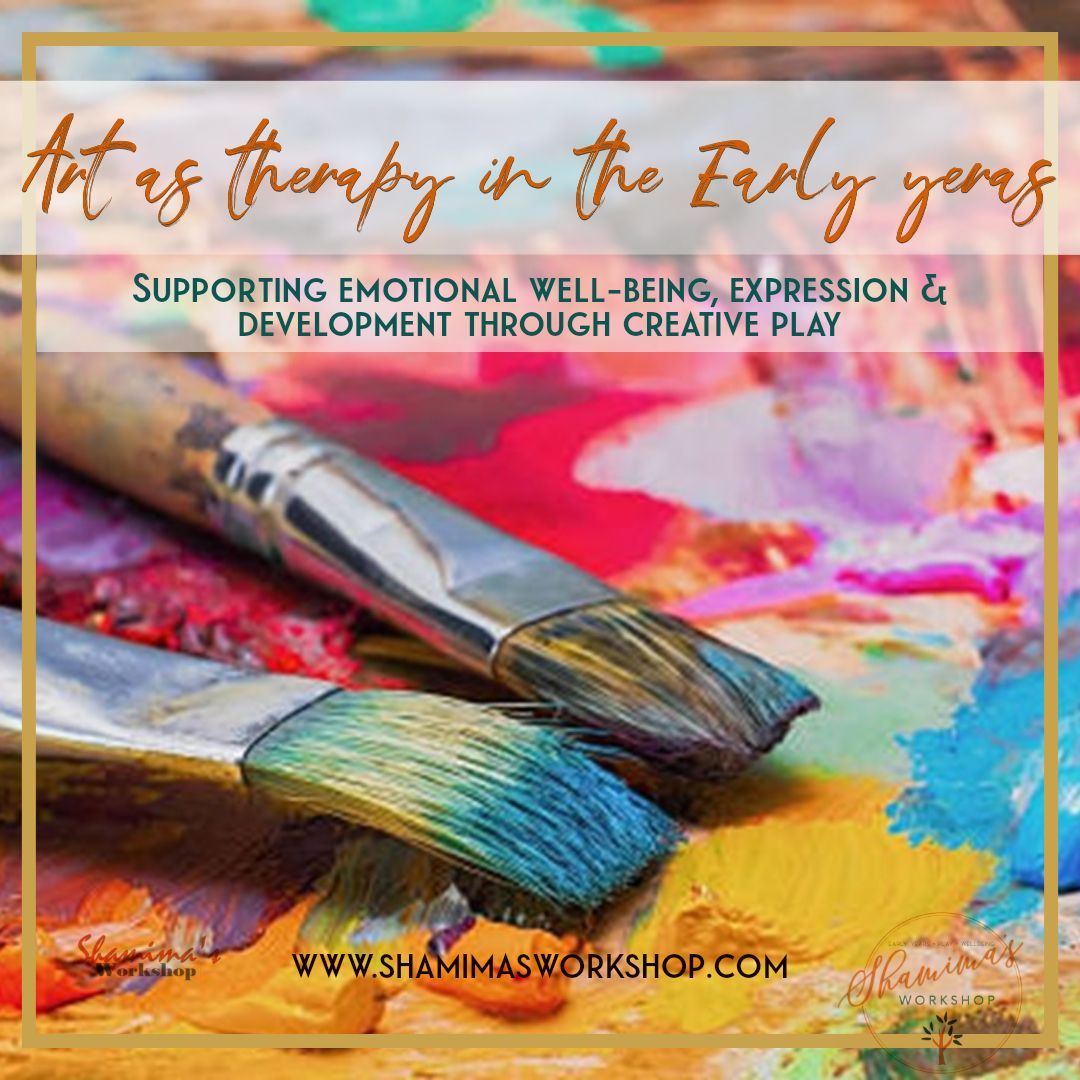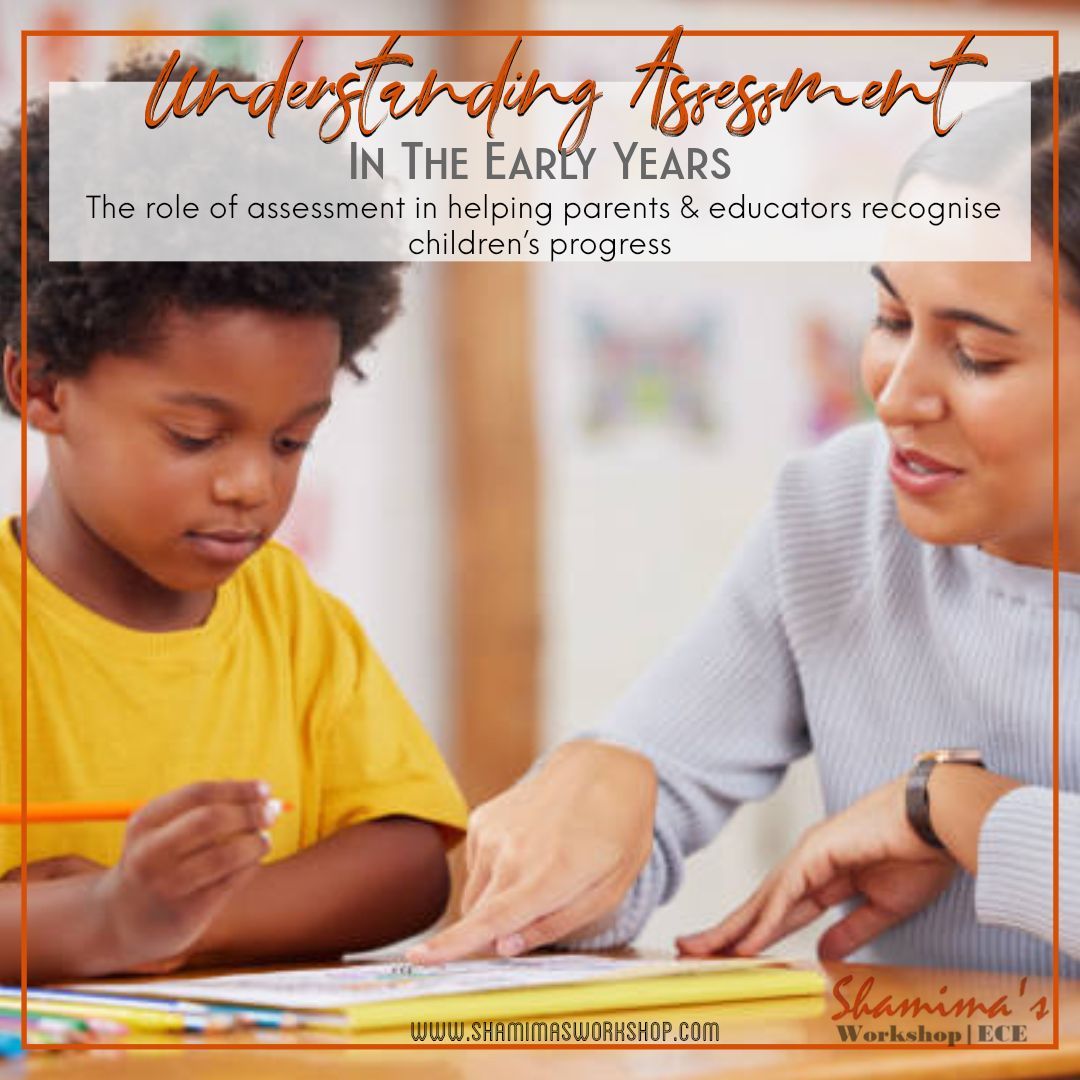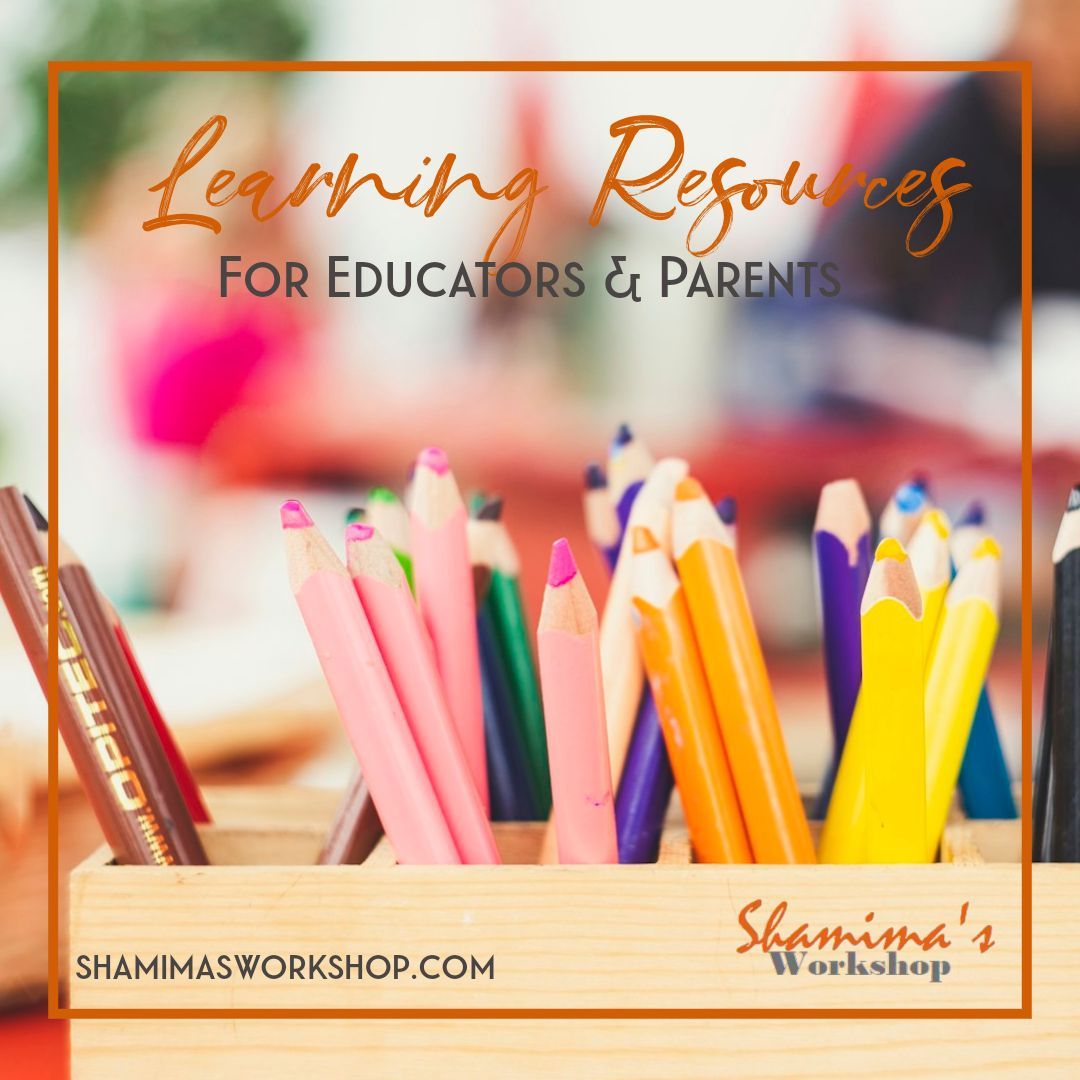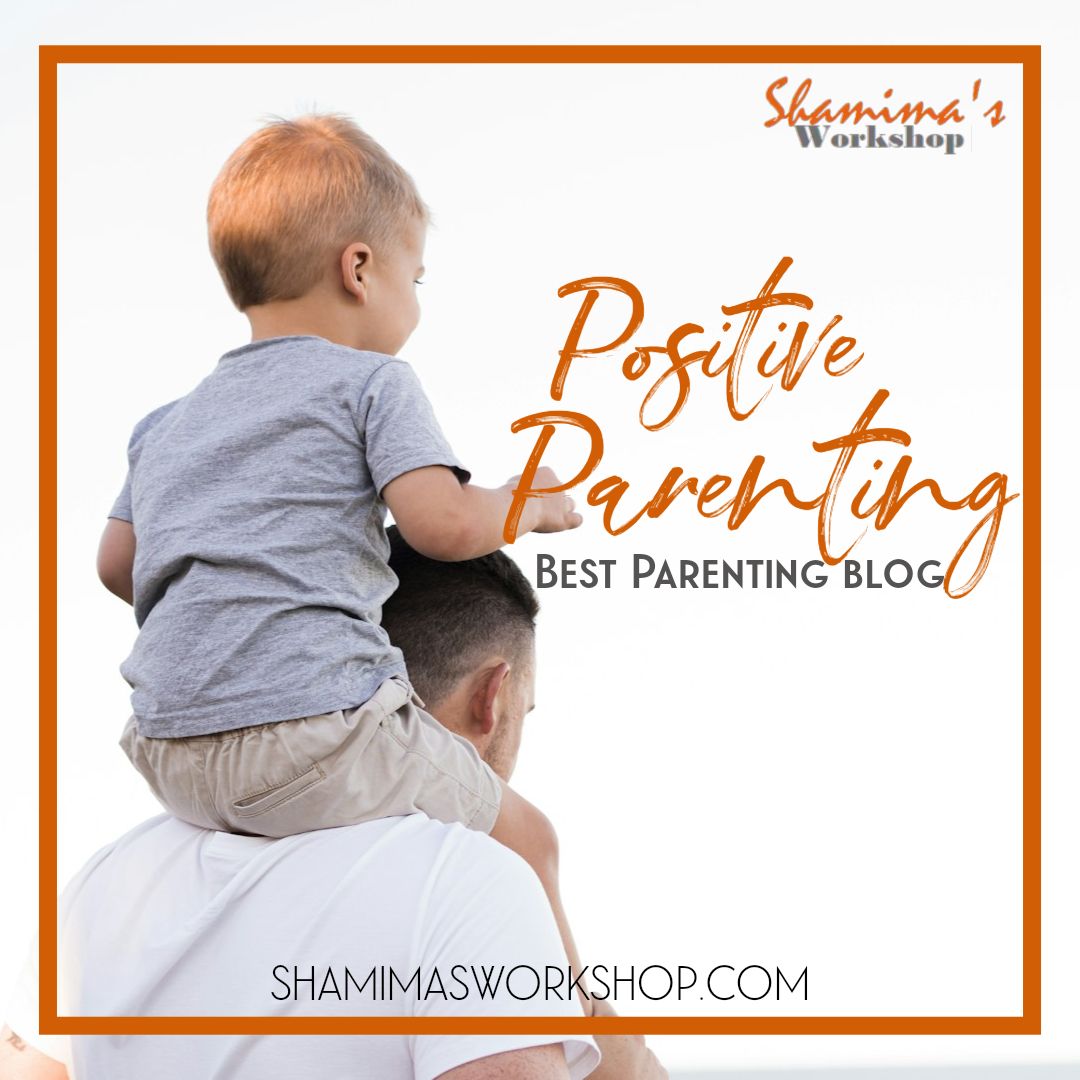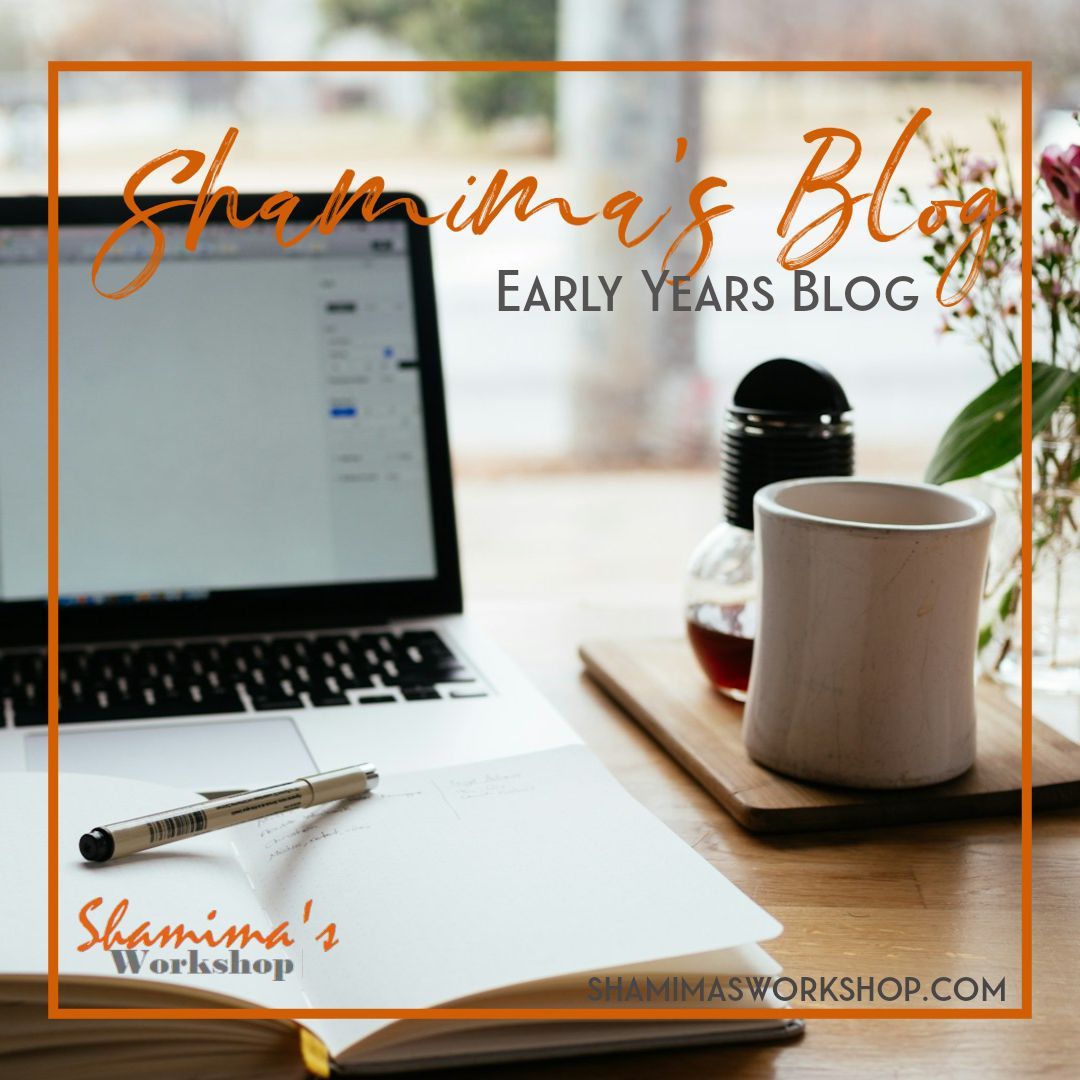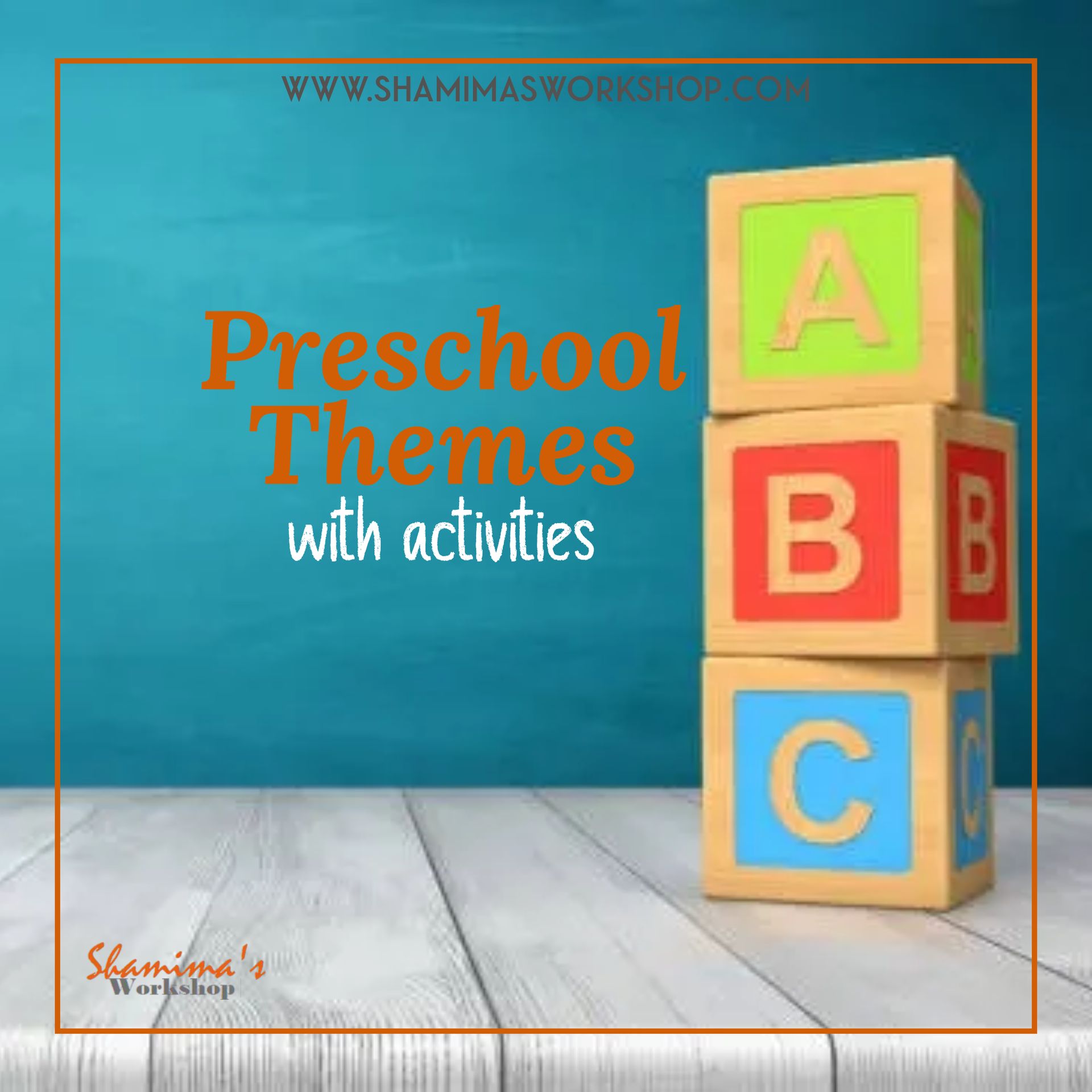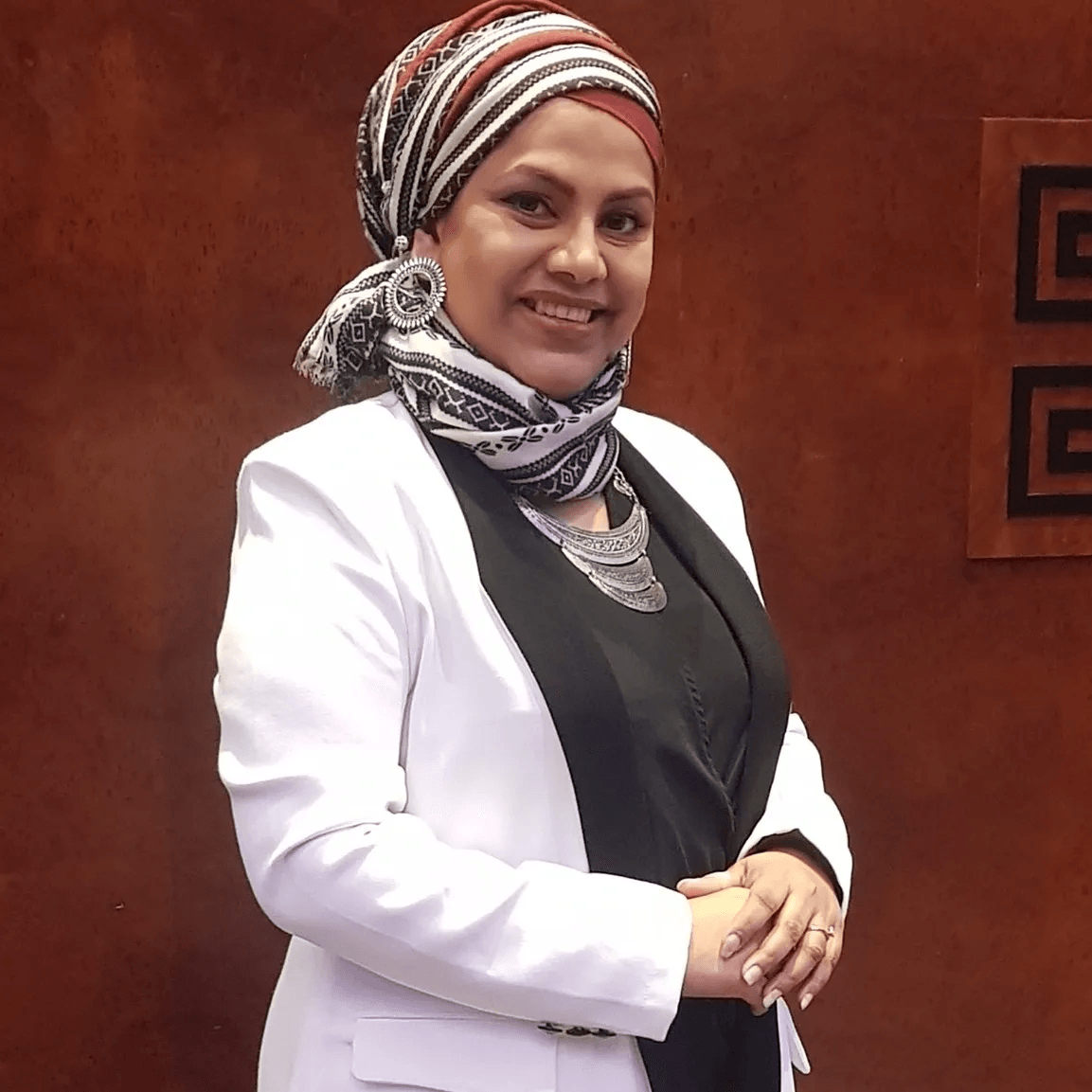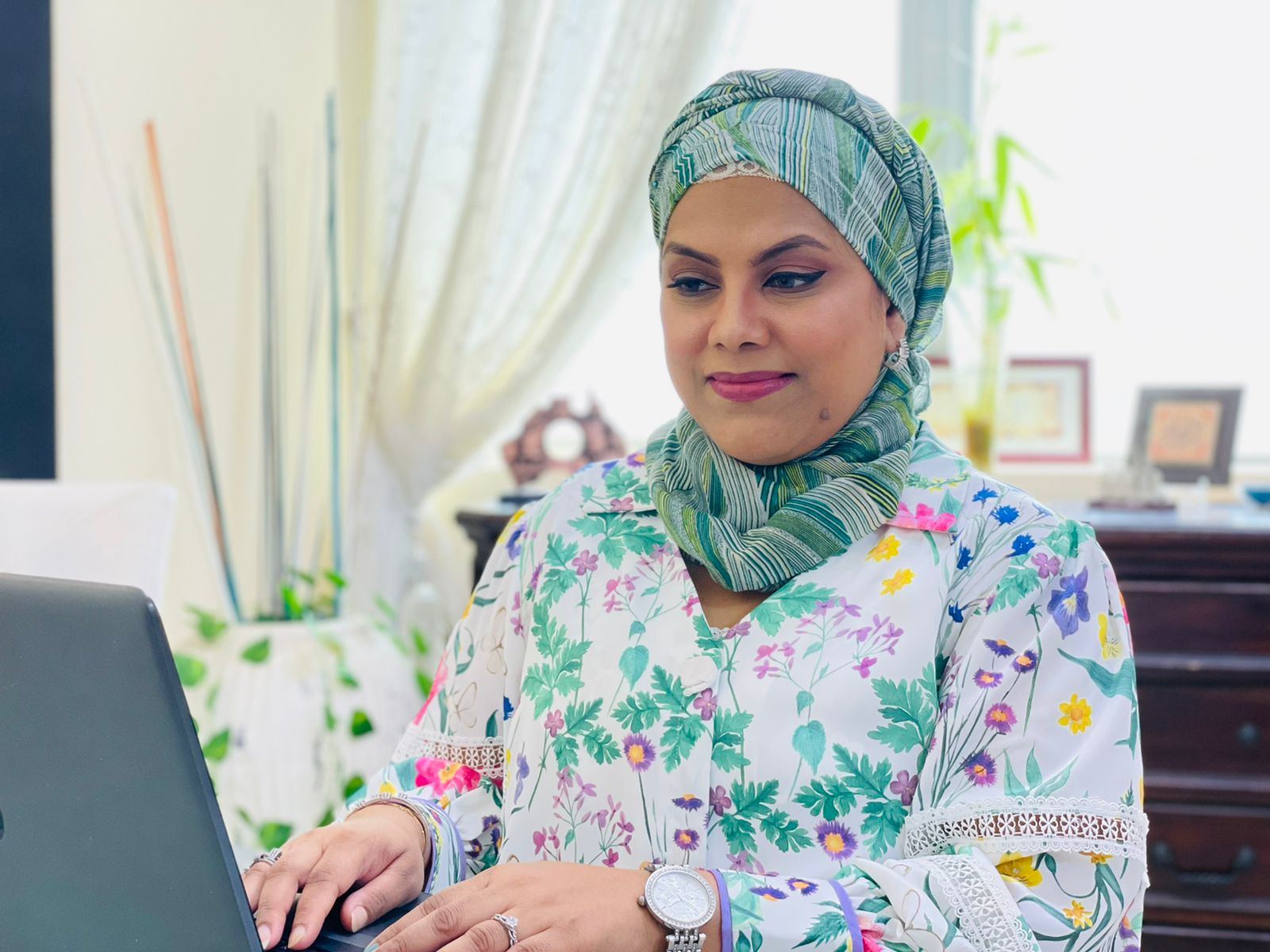The UN Convention on the Rights of the Child sets out the rights of every person under 18.
Children’s rights include the right to health, education, family life, play, protect from harm. It also covers their developmental and age-appropriate needs that change over time as children grow up.
1989 leaders from around the world came together to decide on the human rights that every child under the age of 18 years should have. Once they had all agreed they signed the UN Convention on the Rights of the Child (UNCRC). The UNCRC broke down into 54 articles.
The rights of children in relation to playing as detailed in the UNCRC. The Conversation on the rights of the child is a list compiled by the Nations of rights that all children in all countries should have. There are many right within the conversation for children to be educated.
The UNCRC is broken down into 54 Articles, and Article 31 states:
In play, children learn the skills that are essential to life. Skills that cannot be taught in more formal, structured environments. It is so important to the optimal development of a child. Article 31, the right to engage in play and recreational activities. The article state that: "Every child has the right to relax and play, and join in a wide range of cultural and artistic activities."
"Every child has the right to relax and play."- This article says the child to rest and leisure. It recognizes the right of children to play. Children learn by playing and exploring, being active, and through creative and critical thinking which takes place both indoors and outside. They should provide space to play indoor as well as outdoor. There should be a range of equipment, resources, and environment to play. In early years settings children are given opportunities to choose what they want to play with and how they want to play from their daily routine and session.
"Join in a wide range of cultural"- Children come from different cultures and backgrounds. They need to engage in play and recreational activities to the age of the child and to participate freely in cultural life and the arts. Cultural activities based activities could include visiting museums, castles, and historical sites, special cultural events or festivals around their own cultural background, activities around tradition.
"artistic activities" - Children should experience different artistic actives. Artistic activities could include musical activates (watching or play), drama, dance, art (drawing, painting, making things).
It respects and promotes the right of the child to participate fully in cultural and artistic life and shall encourage the provision of appropriate and equal opportunities for cultural, artistic, recreational, and leisure activity.
In conclusion, UNCRC says that children have the right to have fun in the way they want to, whether by playing sports, watching films, or doing something else entirely. They also have the right to rest, too. Children should be able to take part freely in cultural activities, just like adults. The government should make sure it’s easy for them to do this whether or not they have a disability.
